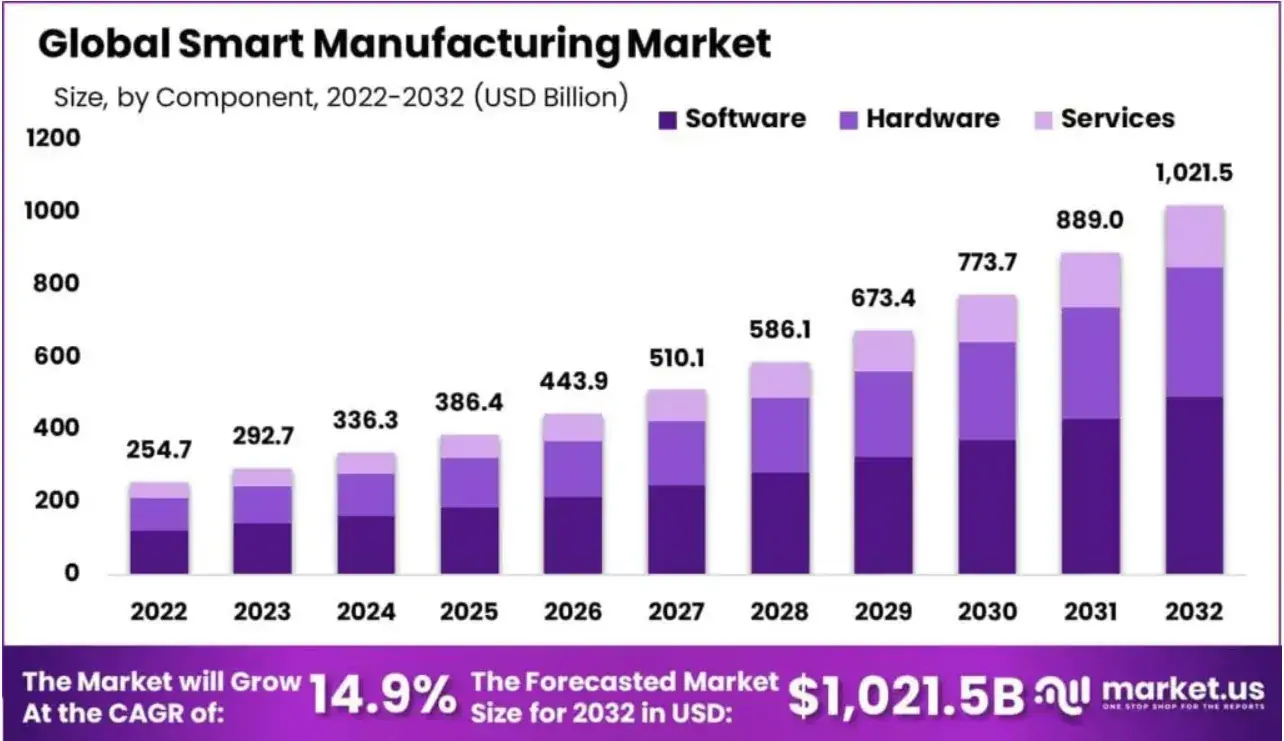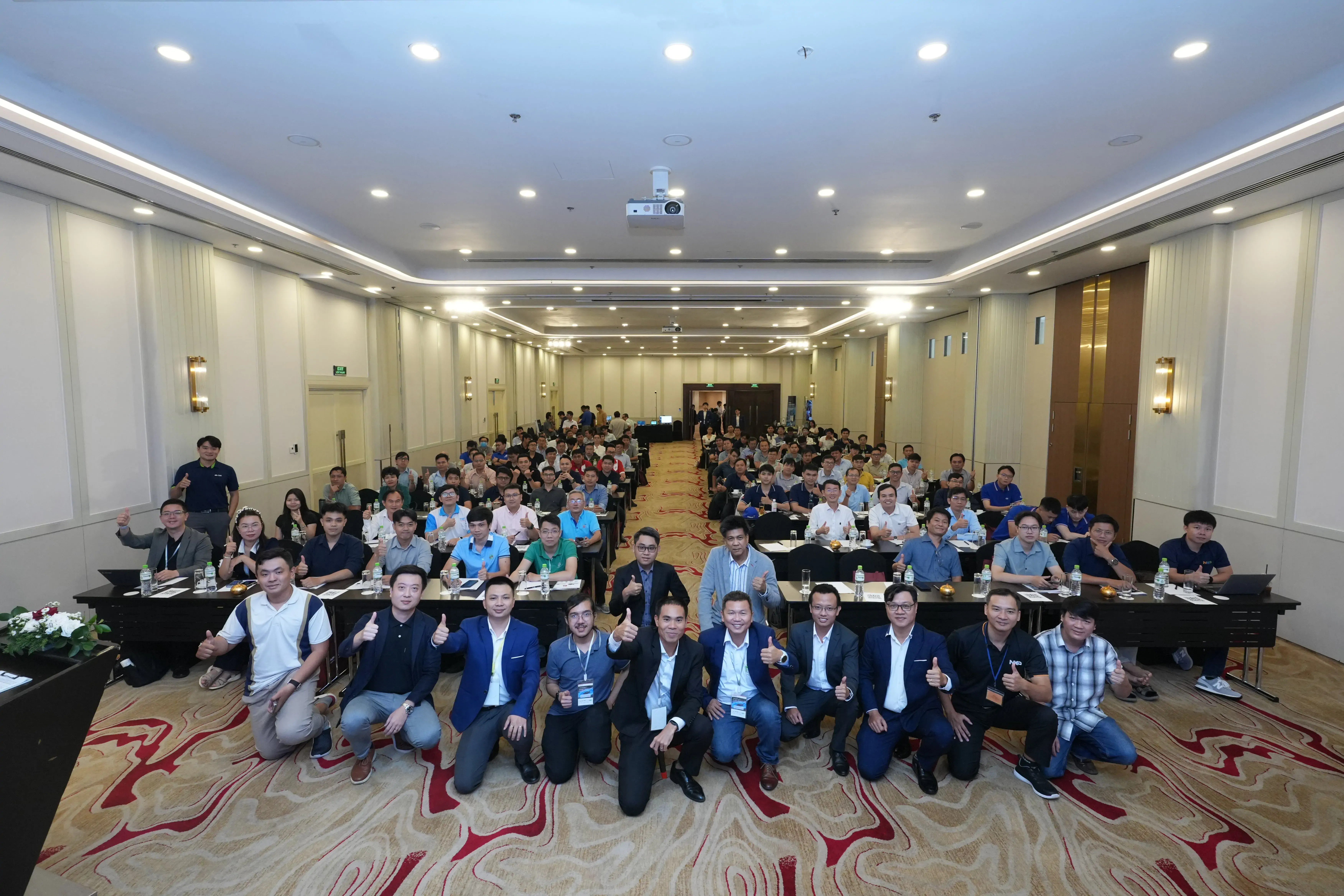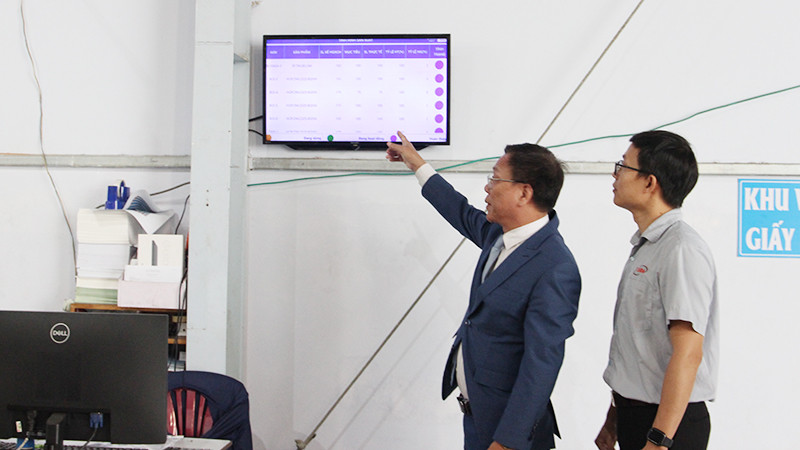Smart manufacturing remains in its early development stage in Vietnam, as revealed by a recent survey of enterprises in export processing and industrial zones in Ho Chi Minh City. Vietnam Software and IT Services Association (VINASA), found that 61% of enterprises still rely entirely on manual labor. While 25% have introduced partial automation, only a small fraction have implemented smart manufacturing technologies. A further 25% of the surveyed businesses reported having no connectivity or smart technology integrated into their production processes.

Despite increasing awareness, the transition to smart manufacturing has been slow. Many businesses recognize the potential but remain hesitant to invest. Such as 5G, citing notable examples like a car factory in Spain. Integrating 5G into its production line enabled the factory to achieve a 10% cost reduction, a 30% improvement in defect detection, and a 50% faster customer service response time. Even while 5G has benefits like reduced latency and faster speed, B2C consumers may be less willing to pay more for them. Similar to this, B2B clients encounter considerable obstacles when attempting to change their business models and make investments in digital transformation, despite acknowledging its benefits.
At Vietnam International Innovation Exhibition (VIIE) 2023, industry experts emphasized that technologies like 5G and artificial intelligence (AI) will be instrumental in driving digital transformation in the manufacturing sector. Representatives from Viettel highlighted how 5G-enabled infrastructure could enable real-time data exchange, enhance production efficiency, reduce waste, and support predictive maintenance, core benefits of future smart factories.
At a recent exhibition, experts emphasized that technologies such as 5G and artificial intelligence (AI) play a critical role in supporting digital transformation in manufacturing. These technologies are expected to improve efficiency, reduce waste, and enable automated processes in production environments.
It was also noted that smart manufacturing requires more than just connectivity. Businesses need integrated solutions that combine technology infrastructure with applications and operational support. Strong collaboration between technology providers and manufacturers is seen as essential to accelerating adoption and overcoming implementation challenges.
Source: vietnamnews.vn







